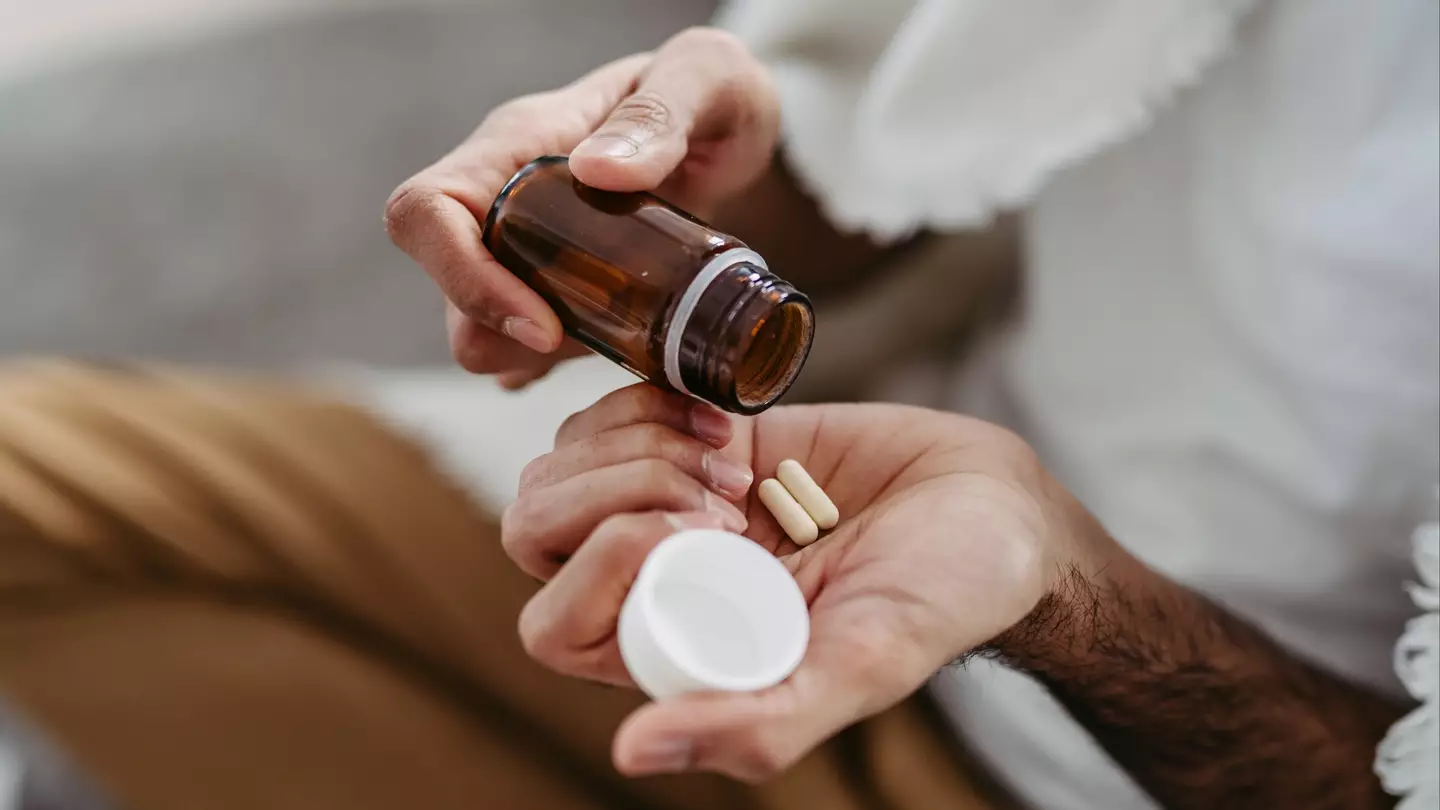
Not all antidepressants are made equally, according to alarming new research revealing the vast differences in side effects across different medications.
Around eight million people in the UK reply on antidepressants to support their mental health, however success rates are hugely varied, with some patients forced to try several different medications before finding one that works for them.
In addition to varying levels of success in improving poor mental health symptoms, many patients experience sudden weight gain and increasing or even decreasing heart rate.
For the first time, different antidepressant medications have been ranked based on the physical impacts they have on the patients taking them in the first eight weeks and the differences are stark.
Advert
It's important to note that people taking antidepressants should never suddenly stop taking their medication, but if you are suffering from any ill side effects and feel like you could benefit from a different drug, you should speak to your GP.
.jpg)
A team of researchers from King's College London and the University of Oxford analysed 151 studies of 30 drugs commonly prescribed to treat depression in the UK, covering case studies of nearly 60,000 patients. The results were published in the Lancet medical journal.
Not everyone experienced side effects, however they found that eight weeks of taking agomelatine was associated with a 2.4kg drop in weight, while maprotiline led to an average weight gain of 2kg.
Meanwhile, fluvoxamine was found to slow heart rate down, while nortriptyline sped it up, with researchers noting a difference of 21 beats per minute between the two medications. Elsewhere, nortriptyline and doxepin had vastly different impacts on blood pressure.
The results make it glaringly obvious that two patients with the same diagnosis could be better suited to different drugs depending on their physical health and personal preferences.

Dr Toby Pillinger from King's College London told BBC Radio 4's Today programme that the study isn't designed to scare patients, but rather to encourage people to be actively involved in speaking with their healthcare professionals to ensure the right prescriptions are given.
"The majority of the studies we looked at were relatively short. We're looking at eight weeks' duration and still within that duration we were seeing large changes in physical health parameters which we would argue have clinical relevance," he said.
"The last thing I want is for this story to be scaring people. I want to see this as empowering individuals to take the initiative and to engage in shared decision-making with their practitioner."
Topics: Health, Mental Health, UK News, Drugs
